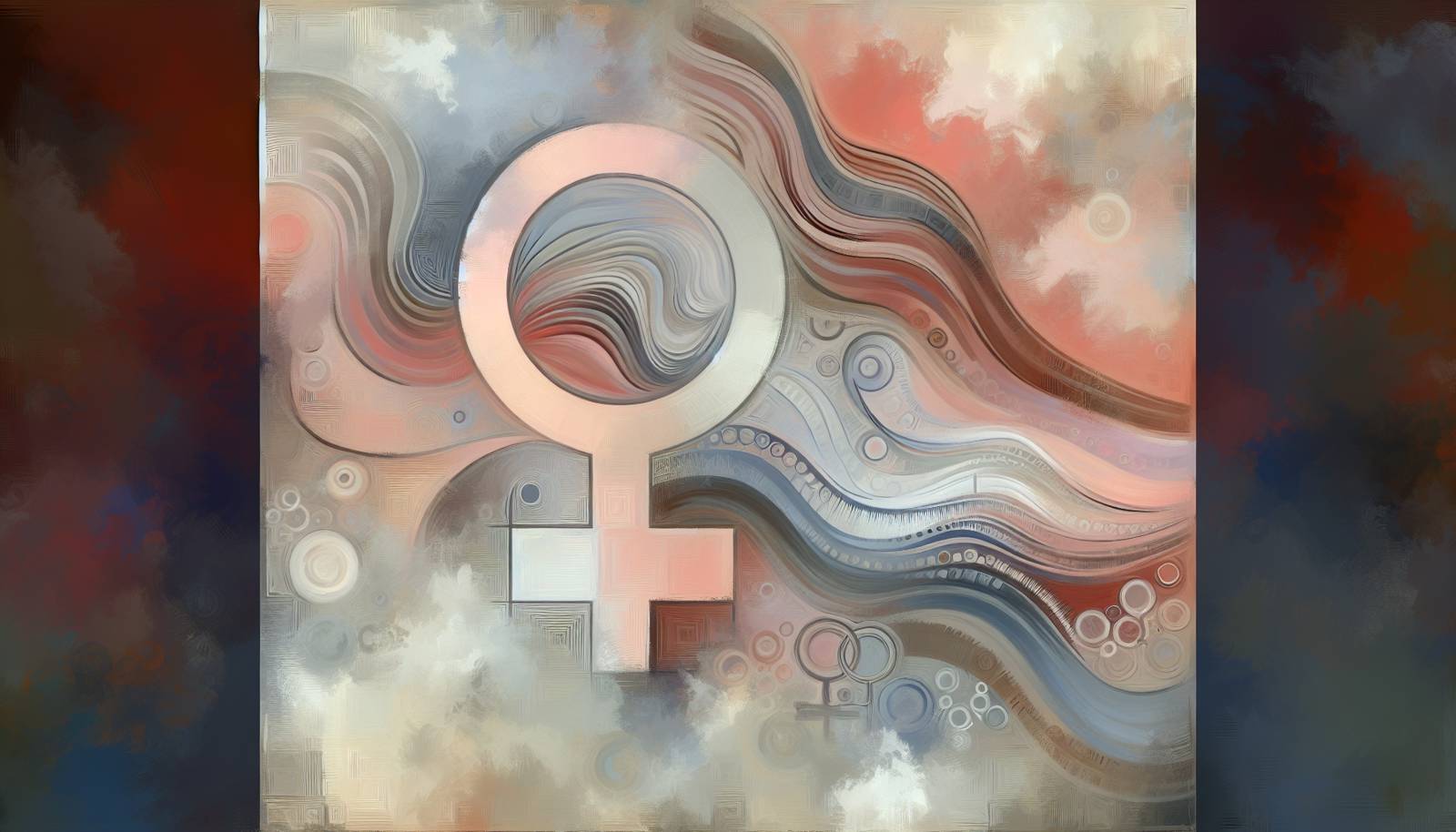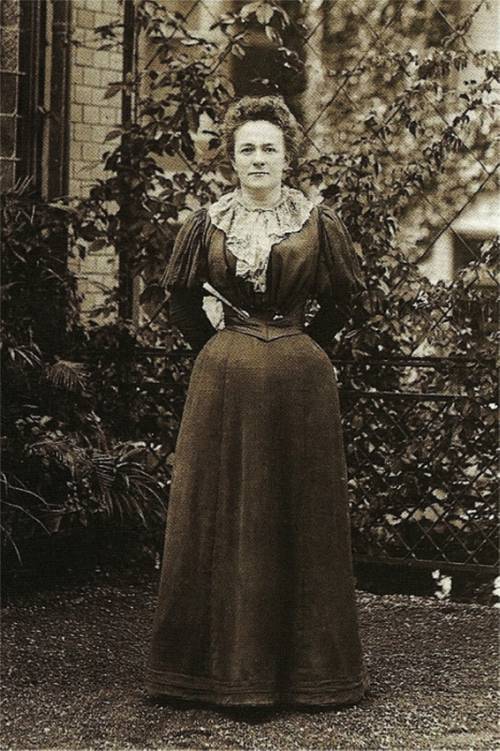
FAQ About Clara Zetkin

Who was Clara Zetkin?
Clara Zetkin was a prominent German Marxist theorist, socialist politician, and advocate for women's rights. She is best known for her work in advocating for women's suffrage and her role in establishing International Women's Day.

What is Clara Zetkin famous for?
Clara Zetkin is famous for her pioneering work in women's rights, particularly for her role in founding International Women's Day. She was also a prominent figure in the socialist and communist movements in Germany and worked extensively to promote Marxist theory and women's issues.

When was Clara Zetkin born?
Clara Zetkin was born on July 5, 1857, in Wiederau, Saxony, which was then part of the German Confederation.

How did Clara Zetkin contribute to International Women's Day?
Clara Zetkin proposed the idea of an International Women's Day at the International Socialist Women's Conference in 1910. The proposal was accepted, and the first International Women's Day was celebrated on March 19, 1911. The date was later changed to March 8, which is still celebrated annually.

What role did Clara Zetkin play in the German women's rights movement?
Clara Zetkin was a key figure in the German women's rights movement. She advocated for women's suffrage, equal opportunities, and workers' rights. Zetkin also fought against gender discrimination within the socialist movement, emphasizing the importance of including women's issues in the broader struggle for social justice.

Was Clara Zetkin a member of the German Parliament?
Yes, Clara Zetkin was elected to the German Reichstag (parliament) as a member of the Communist Party of Germany (KPD) in 1920. She continued to serve until 1933, when the Nazis came to power.

How did Clara Zetkin's work influence the women's rights movement internationally?
Clara Zetkin's advocacy for women's rights and her efforts to institutionalize International Women's Day had a significant international impact. Her work highlighted issues of gender equality on the global stage and inspired movements around the world to join the fight for women's rights and social equality.

What were Clara Zetkin's political affiliations?
Clara Zetkin was a committed Marxist and a key figure within the socialist and communist movements. She joined the Social Democratic Party of Germany (SPD) and later became a founding member of the more radical Independent Social Democratic Party of Germany (USPD), and eventually the Communist Party of Germany (KPD).

Did Clara Zetkin write any significant works?
Clara Zetkin was a prolific writer and contributed numerous articles and essays on women's rights, socialism, and Marxist theory. Some of her notable works include her writings in 'Die Gleichheit' (Equality), a socialist women's journal that she edited for many years.

How did Clara Zetkin's early life influence her activism?
Clara Zetkin's early life was shaped by her experiences with political activism and education. Her exposure to socialist ideas during her studies and through her associations with other activists deeply influenced her commitment to Marxism and women's rights, setting the stage for her later work in these fields.

What challenges did Clara Zetkin face in her activism for women's rights?
Clara Zetkin faced several challenges in her activism, including strong opposition from both conservative and socialist circles. In the socialist movement, she struggled against those who prioritized class issues over gender issues, emphasizing the need to treat women's rights as integral to social reform.

Why is Clara Zetkin considered a pioneer for women's rights?
Clara Zetkin is considered a pioneer for women's rights due to her relentless advocacy for gender equality and her efforts in establishing a global day to recognize women's contributions and struggle. Her work laid the foundation for future advancements in women's political and social rights.

When did Clara Zetkin die, and what was her legacy?
Clara Zetkin died on June 20, 1933, in Archangelskoye, near Moscow, Soviet Union. Her legacy is marked by her revolutionary contributions to women's rights and her influential role in the socialist and communist movements. Her efforts continue to inspire gender equality activists worldwide.

What was Clara Zetkin's relationship with other prominent socialists of her time?
Clara Zetkin had collaborative relationships with many prominent socialists and Marxists, including Rosa Luxemburg, with whom she shared ideological and political goals. These connections strengthened her influence and expanded her role in the international socialist movement.

How did Clara Zetkin influence the Communist Party of Germany?
Clara Zetkin was a key member of the Communist Party of Germany (KPD) and influenced the party's policies on women's rights and social issues. Her leadership helped shape the party's stance on gender equality and working women's rights, making them central to the communist agenda.

What impact did Clara Zetkin's editorship of 'Die Gleichheit' have?
Through her editorship of 'Die Gleichheit,' a leading socialist women's magazine, Clara Zetkin significantly influenced the discourse on women's issues. The magazine served as a platform for raising awareness, educating women about their rights, and advocating for social and political reforms.

Did Clara Zetkin face any political persecution?
Yes, Clara Zetkin suffered political persecution, especially during the rise of the Nazis. Her status as a communist and a prominent opponent of fascism made her a target. She eventually fled to the Soviet Union to escape persecution, where she lived until her death in 1933.

How did Clara Zetkin contribute to feminist theory?
Clara Zetkin contributed to feminist theory by intertwining Marxist principles with gender issues. She emphasized the role of capitalism in women's oppression and advocated for a socialist framework that included gender equality as a core tenet of revolutionary change.

What was Clara Zetkin's stance on war?
Clara Zetkin was a staunch pacifist and opposed World War I. She used her platform to denounce the war and criticized her fellow socialists who supported it. Zetkin viewed war as a tool of capitalist oppression, contributing to the suffering of working-class people, particularly women.

How is Clara Zetkin commemorated today?
Clara Zetkin is commemorated in various ways, including through statues and plaques in Germany and other countries. International Women's Day remains one of her most enduring legacies, celebrated annually around the world to honor women's achievements and advocate for gender equality.
